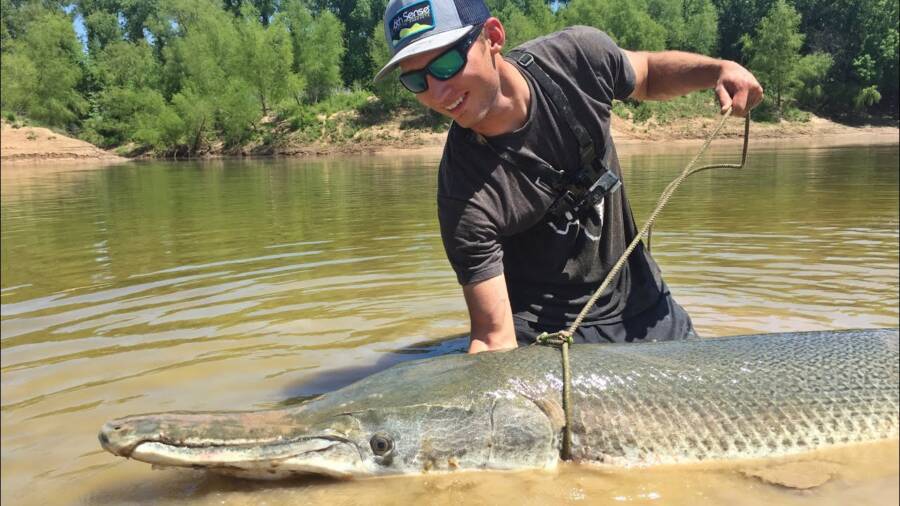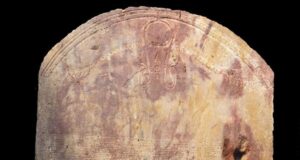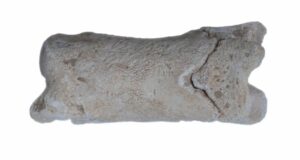Ancient Deep-Sea Predator Unveiled: The Eel-Like Shark That Roamed Earth 360 Million Years Ago
“Flat heads and long jaws are great for snapping sideways at prey,” Lemberg explained. Comparing similarities between two different animals — one living and one dead — is not as far-fetched as it may seem, and paleontologists often look to other species to find clues to the behaviors of those that have long been extinct.
“When a certain structure or strategy is effective, there is a tendency for it to show up time and time again — both in living creatures and in the fossil record,” Lemberg added.
“While a lot has changed since Phoebodus swam the Devonian oceans, the physics of feeding in water have not.”
Next, read how 25 million-year-old mega-shark teeth were discovered by an amateur fossil hunter and take a look at the animal-shaped baby bottles that prehistoric parents used to feed their babies.













